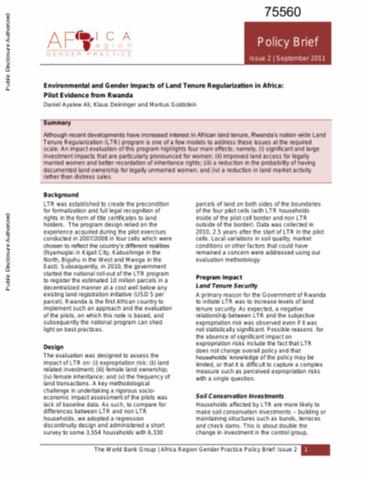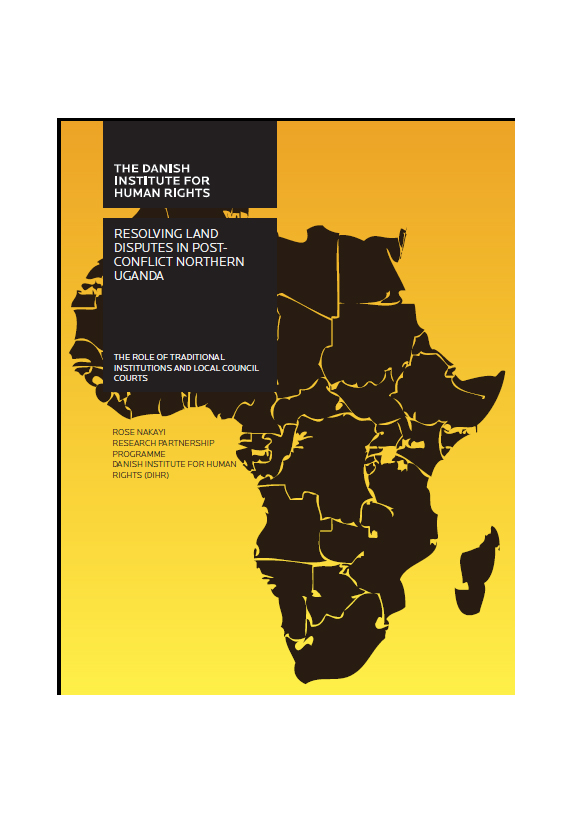Politique de la FAO concernant les peuples autochtones et tribaux
Selon leur définition par les États Membres de l’Organisation des Nations Unies pour l’alimentation et l’agriculture (FAO), les objectifs fondamentaux de l’Organisation sont «d’améliorer les niveaux de nutrition, la productivité agricole et la qualité de vie des populations rurales et contribuer à l’essor de l’économie mondiale.» En tant qu’organisme spécialisé des Nations Unies, la FAO a un rôle essentiel à jouer pour la promotion d’une plus grande sécurité alimentaire et la réduction de la pauvreté.





